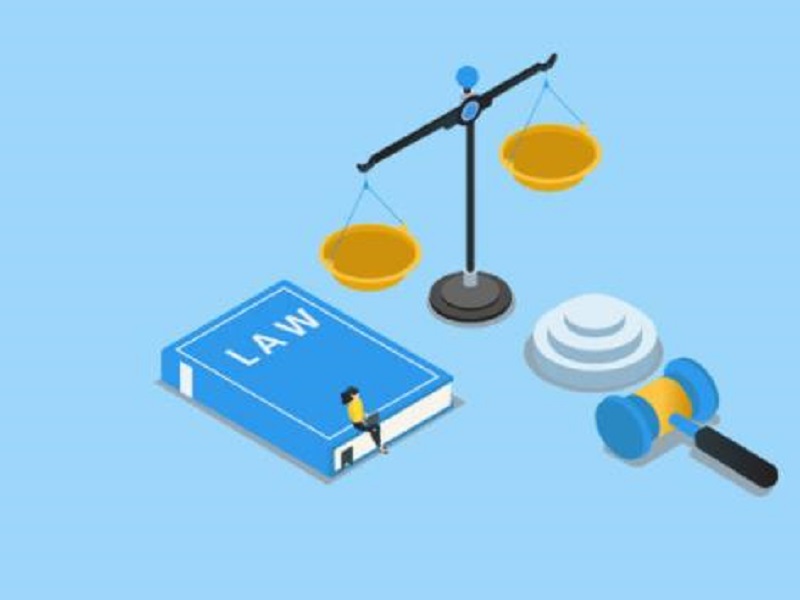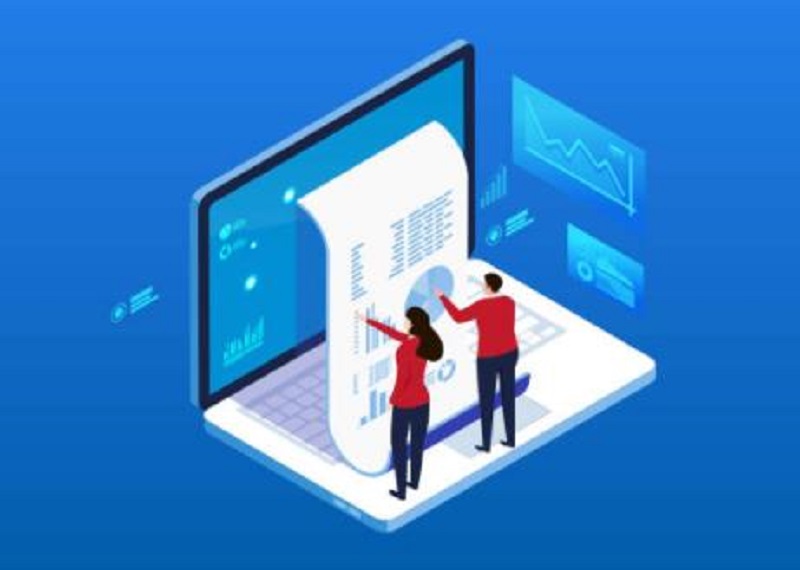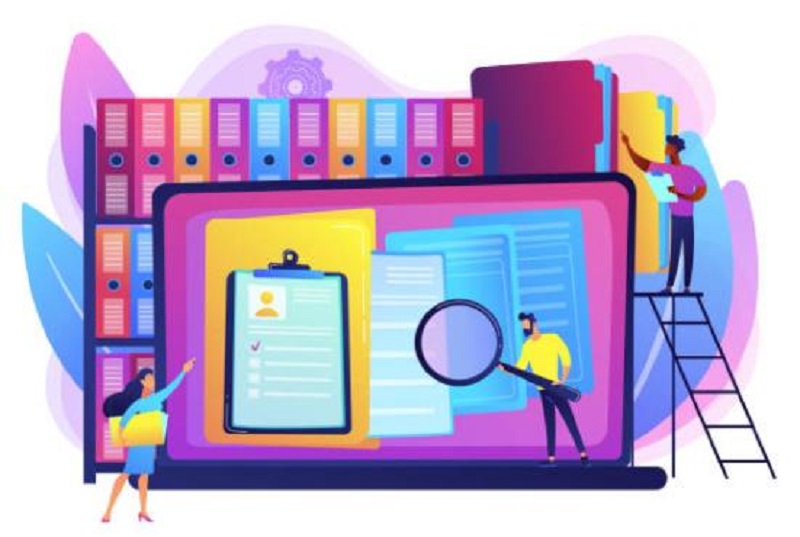The legal field is no stranger to technology. Surely, you’re familiar with document editing programs like Loio, and project management software like Asana and Trello.
Even broader programs like popular video conferencing tools are widely used in the legal sphere. If you take it back a few more steps, you’ll see how invaluable computers, tablets, and smartphones are to everyday operation in most law firms. Legal tech is an established, yet growing field.
On the other side of the tech spectrum, artificial intelligence managed to change the way systems function in many different fields in a very short time. It’s made its way towards the legal field and we’re excited to see what other changed AI will bring. For now, let’s review some of the AI tools that are already getting active use in legal tech.
Navigation of Contents
Legal research
A big part of the job of a lawyer is research. You constantly have to go back and make sure everything you’re doing is correct and in line with the jurisdiction you’re under. That allows you to provide effective counsel to your clients and suggest working solutions. Doing this research, though necessary, is also very time-consuming and tedious. As humans, we are bound to make mistakes.
Due diligence software is capable of conducting such research and applying it in seconds. By identifying passages that need revision, AI can save you lots of time and effort. Similarly, AI can extract relevant information from a multitude of documents and prepare it for further use.
Document analysis
In the past, document management software was able to highlight potential mistakes in a contract and keep all contracts organized. AI put its spin on it and added a few features to the mix. Now, programs are not only able to identify obvious errors, but also important information that needs double-checking.
Some programs will highlight details like phone numbers and addresses. They wouldn’t normally show up as incorrect but might need double-checking from your side.
While reviewing one contract may take you up to an hour, AI should take no longer than a few seconds. In addition to that, AI can assess the level of risk involved in a contract and minimize the risk of errors.
Document management
Keeping your documentation organized is one thing. Separating documents into different folders on your computer might seem like a good method of organization until you have to retrieve a document a year later. Documents become nearly impossible to find unless you can remember their exact location and/or name.
AI facilitates the process of document management and retrieval by recognizing patterns that regular software is not familiar with. For instance, it can differentiate between contract and document types by identifying their similarities and differences. Using AI, you can locate the document you’re looking for with ease using certain criteria.
Prediction
Prediction technology is “trending” right now. Studies show that legal prediction tools are often more effective than predictions by human experts in the field. In a 2017 study by Daniel Katz and his colleagues, AI achieved 70.2% accuracy in predicting the outcome of legal cases. Such technology can aid lawyers in understanding their chances in regards to a case, and point to the most likely outcome.
The same technology allows lawyers to scan contracts for the risk of litigation. AI can identify (with high accuracy) when a clause may lead to problems in the future.
AI is not only helpful to lawyers but clients as well! With the help of certain programs, clients can analyze lawyers and get a better understanding of their success rate.



